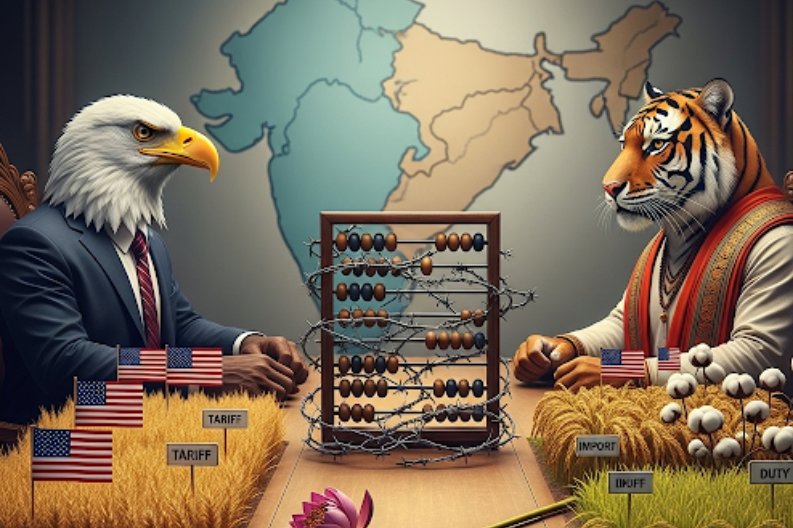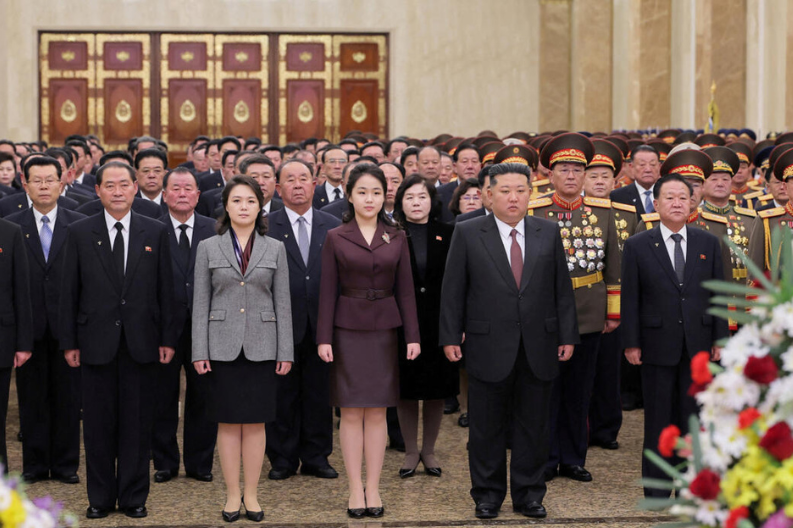US-India trade talks have stalled after Treasury Secretary Scott Bessent confirmed that negotiations remain at a standstill. He said India is “a bit recalcitrant” because it refuses to open its agriculture and dairy markets to American products. Moreover, the dispute has grown more serious after tensions with President Trump.
The United States is one of India’s largest trading partners. In 2019, their trade reached about $88 billion. The partnership covers a wide range of goods and services; however, agriculture has become the main obstacle. For instance, Punjab, one of India’s top farming states, contributes nearly 10% of the nation’s agricultural exports. Consequently, many Indian farmers fear that opening the market would lower prices and hurt their income. On the other hand, supporters argue that it could raise quality standards and offer consumers more choice.
The conflict comes at a sensitive moment. President Trump imposed a 25% tariff on Indian goods. In addition, another 25% penalty will start on August 21 in response to India’s trade with Russia. As a result, these tariffs make the talks even harder.
Nevertheless, Bessent remains hopeful. In an interview with Fox Business Network’s Kudlow, he said he aims for a deal by the end of October. He admitted the goal is “aspirational,” but he believes both sides are in a good position. Therefore, his comments show that there is still a chance for compromise.
Agriculture and dairy continue to block progress. Farmers worry that foreign competition will threaten their livelihoods. At the same time, the US insists that expanded access is key to balancing trade. Consequently, for farmers in Punjab and businesses in Mohali, the outcome could directly affect jobs and income.
The result of these talks will shape the future of trade between the two countries. If they succeed, progress could strengthen one of the world’s most important trade partnerships. Conversely, failure could cause losses for industries and communities on both sides.
In conclusion, Washington and New Delhi will face pressure in the coming weeks to turn cautious optimism into real compromise.



